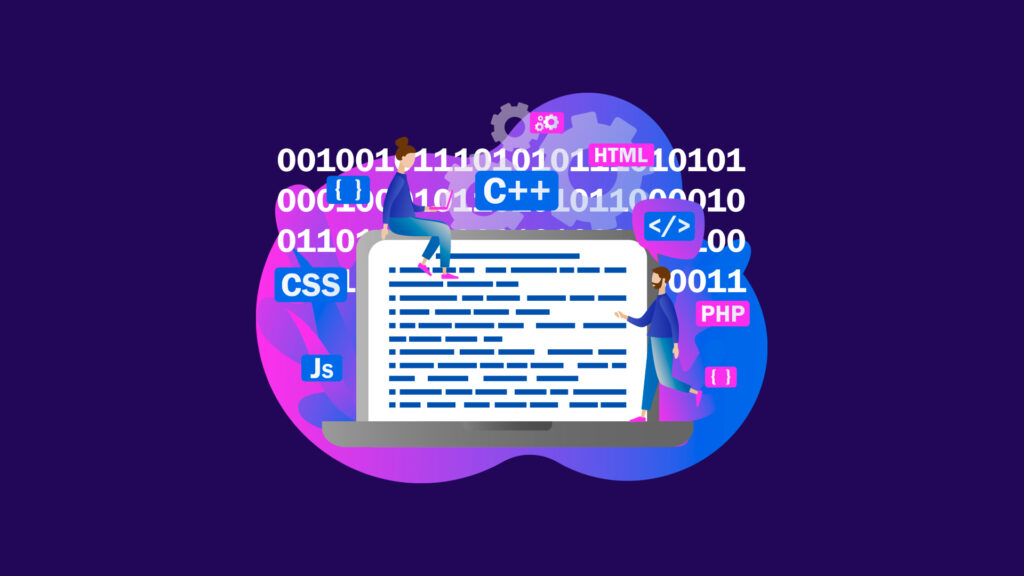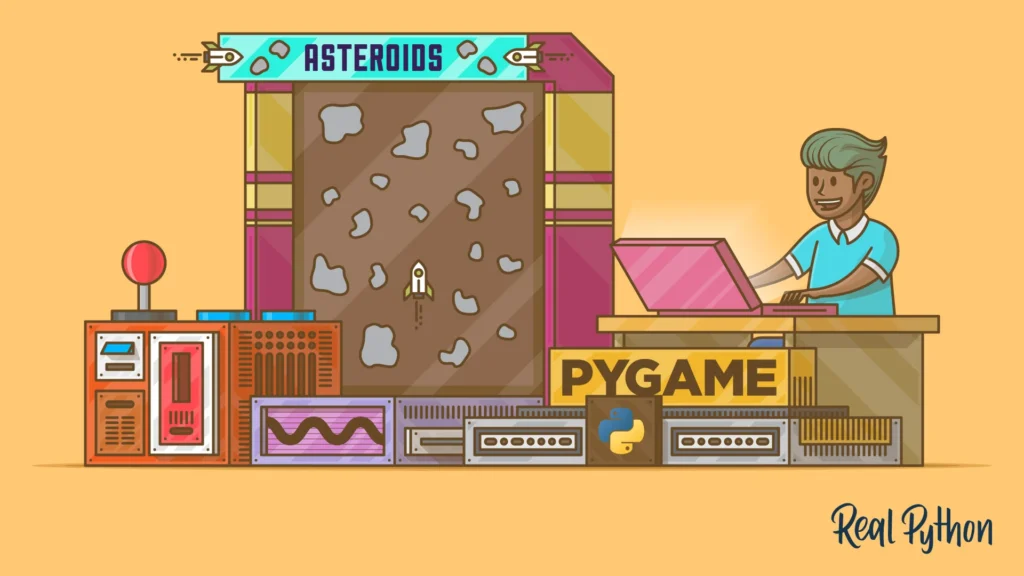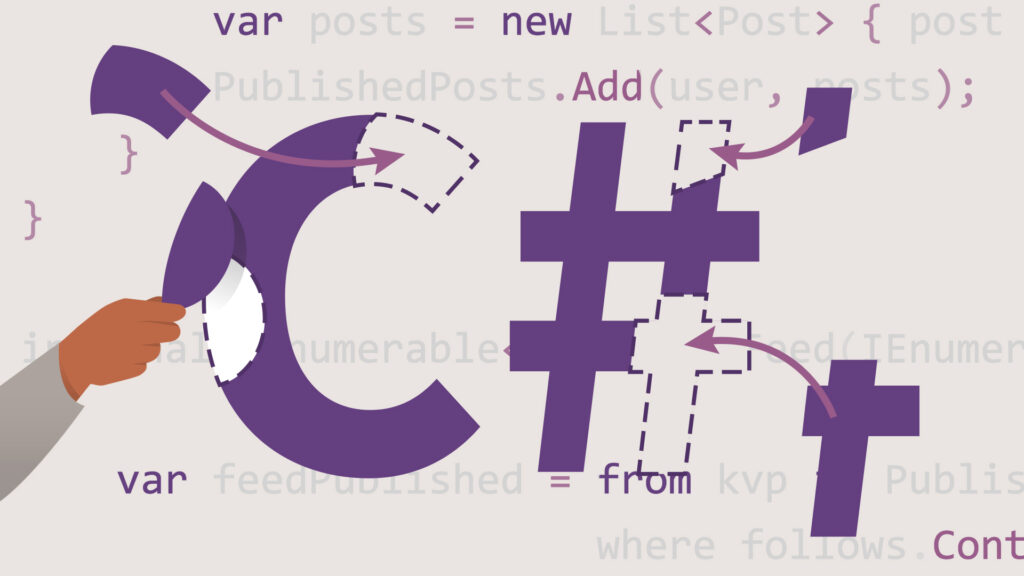The choice of programming language plays a critical role in shaping the outcome of a project. Each programming language brings its unique set of advantages and considerations, catering to different aspects of game development, from performance optimization to rapid prototyping. In this series of short articles, we explore five key programming languages commonly used in game development: C++, Python, C#, JavaScript, and HTML5. Through examining their strengths, applications, and suitability for various game development tasks, we aim to provide insights for developers seeking to make informed decisions about the programming languages best suited to their projects. Whether you’re building high-performance game engines, scripting game logic, or developing web-based games, understanding the capabilities and characteristics of these languages is essential for creating successful and immersive gaming experiences.
The Power of C++ in Game Development
C++ stands out as one of the most popular programming languages in game development due to its performance and versatility. Its ability to manage memory efficiently and provide low-level access to hardware makes it ideal for developing high-performance game engines and resource-intensive games. Additionally, many game engines, such as Unreal Engine and Unity, are built using C++, making it a preferred choice for game developers seeking to create complex and immersive gaming experiences.

Python: A Versatile Tool for Game Development
Python’s simplicity, readability, and extensive libraries make it a valuable tool for game development, particularly for rapid prototyping and scripting tasks. While not as performance-oriented as languages like C++, Python excels in areas such as AI programming, game logic scripting, and tool development. Its flexibility and ease of use make it an excellent choice for indie developers and small teams looking to create innovative and experimental games.

Unlocking Creativity with C# in Game Development
C# has gained popularity in game development, particularly among developers using the Unity game engine. Known for its ease of use, robust development environment, and extensive documentation, C# is an accessible language for both beginners and experienced developers alike. With features like garbage collection and built-in support for object-oriented programming, C# enables developers to focus more on creativity and gameplay mechanics rather than low-level optimization.

JavaScript: Building Web-based Games for Modern Platforms
JavaScript’s ubiquity and compatibility across platforms make it an attractive choice for developing web-based games that can run in browsers or on mobile devices. With the rise of HTML5 and WebGL, JavaScript has become increasingly powerful, allowing developers to create immersive 2D and 3D games without the need for plugins. Its asynchronous nature and event-driven architecture make it well-suited for building interactive and responsive gaming experiences on the web.

Choosing the Right Language for Your Game Development Project
When embarking on a game development project, choosing the right programming language is crucial to its success. Factors such as performance requirements, target platforms, team expertise, and project scope should all be considered when selecting a language. While languages like C++ offer unparalleled performance and control, languages like Python and JavaScript prioritize ease of use and accessibility. Ultimately, the best language for your game development project will depend on your specific needs, goals, and constraints.
Read more articles about programming languages in gamedev on our site.
